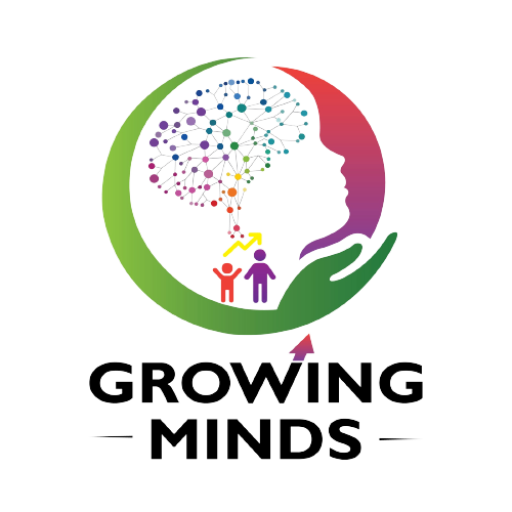
Navigating an ADHD Evaluation in College: A Journey
The transition to college often brings underlying challenges into sharp focus. For many students, this period, characterized by demanding coursework, newfound independence, and high stakes, is when long-standing struggles with focus and executive function become overwhelming. This was the precise experience of Kerri MacKay before and after getting an ADHD evaluation in college.
Kerri’s moment arrived in her third year. A second failed attempt at Human Anatomy, coupled with an inability to keep her living space organized and growing tension with her parents, served as undeniable evidence that her cognitive landscape was different. She had long suspected Attention-Deficit/Hyperactivity Disorder (ADHD), but the common trivialization of the condition made it difficult for her to validate her own concerns and take them seriously.
Taking the Crucial First Step
A timely encouragement from a professor finally prompted Kerri to seek a formal evaluation. She anticipated a straightforward process, but the reality was more complex, particularly when navigating the use of her parents’ health insurance and their initial skepticism. Kerri’s mother’s first response—“Why would you want to do that?”—was hurtful but reflected a common, widespread misunderstanding of neurodevelopmental disorders.
Determined to find clarity, Kerri sought services at a free clinic. Her initial appointment involved an in-depth clinical interview where she shared her full life history, including academic, professional, and personal experiences. Articulating these lifelong challenges for the first time was described as profoundly therapeutic.
The Evaluation Process
The following weeks involved three comprehensive assessment sessions administered by a student therapist and supervisor. These tests were designed to measure Kerri’s memory, sustained attention, and various thinking skills.
A critical component of the evaluation was gathering historical data, requiring input from her mother to confirm the presence of symptoms in childhood. To Kerri’s relief, her mother agreed, having coincidentally begun to educate herself about ADHD through a colleague’s experience. Her mother’s emerging openness provided essential emotional support and necessary clinical information for the assessors.
Beyond a Simple Diagnosis: Gaining Clarity
Two months after testing, Kerri received an eight-page evaluation report—a profound document that offered insights far beyond the initial question of attention. It highlighted an unexpected strength: an exceptionally strong ability to express herself in writing. Crucially, it also revealed a slow processing speed, which explained her long-standing difficulties with tasks that required rapid mental organization, such as mental math, remembering directions, and quickly taking notes. Kerri learned that her specific struggles in anatomy were tied to a weak visual memory.
While the report provided a wealth of information about Kerri’s cognitive profile, it did not immediately confirm an ADHD diagnosis, placing her in a “maybe” category. (The comprehensive data from this initial report later served as the foundation for a definitive ADHD diagnosis by another professional several months later.)
The Power of Understanding
Sharing the results with her mother—including the fact that she could now access academic support—marked a turning point. Kerri’s mother continued her independent research into learning and developmental differences. It took time, but the diagnosis began to make logical sense to her. Today, Kerri shares that her mother is not only supportive of her but actively works to help others understand ADHD as well.
The evaluation process was ultimately about much more than securing a diagnosis. For Kerri, it was about:
- Securing Support: Gaining access to necessary academic accommodations.
- Self-Knowledge: Understanding the unique wiring of her brain and how to leverage her strengths while managing her weaknesses.
- Effective Communication: Learning how to articulate her internal experience to the world.
If you or a loved one are struggling with focus, organization, or emotional regulation, Kerri’s story illustrates that seeking an evaluation is a brave and powerful step toward self-understanding and empowerment. Knowledge is the first step toward effective treatment and a more successful, fulfilling life.
Are you considering an ADHD evaluation for yourself or your child? We can help you navigate the process. Click below to schedule a consultation with one of our specialists.



